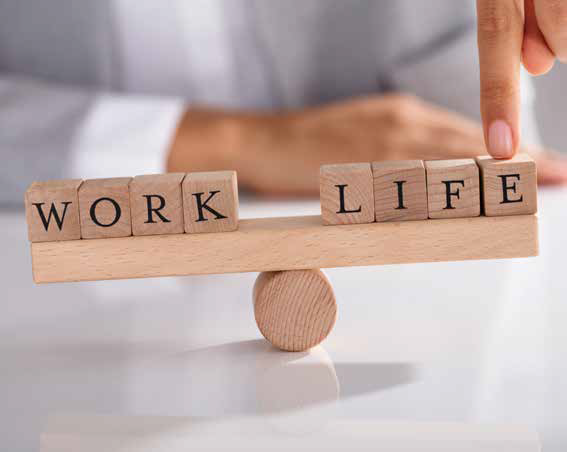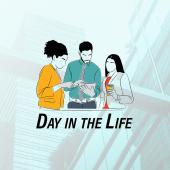
“We overvalue nonessentials like a nicer car or house, or even intangibles like the number of our followers on Twitter or the way we look in our Facebook photos. As a result, we neglect activities that are truly essential, like spending time with our loved ones, or nurturing our spirit, or taking care of our health.”
— Greg McKeown
Career development and strategic career planning commonly begin with executive coaches asking the question: “What are your current goals?” Although this question certainly seems the best place to start in determining one’s career path, I would pose a different question: “What is your greatest asset?”
The answer to this question will vary among individuals. However, I think that there is only one answer to this question, as stated by Greg McKeown, the author of Essentialism: The Disciplined Pursuit of Less. Regardless of career selection, socioeconomic circumstances, or educational level, every individual’s greatest asset is his or her health. That encompasses emotional, mental, and physical health, which are inextricably tied together. Neglecting these can produce dire consequences.
Just this past February, the American Bar Association (ABA) Delegates passed a resolution that urges law firms, law schools, bar associations, and other legal industry related entities to take serious steps to address issues affecting the wellbeing of lawyers, judges, and law students. The resolution comes on the heels of ABA initiated research into the mental health of lawyers. In the summer of 2016, a National Task Force on Lawyer Well-Being was formed by various legal associations. The task force analyzed prior research and issued a report with a sobering conclusion:
This report makes a compelling case that the legal profession is at a crossroads. Our current course, one involving widespread disregard for lawyer well-being and its effects, is not sustainable. Studies show that our members suffer at alarming rates from conditions that impair our ability to function at levels compatible with high ethical standards and public expectations. Depression, anxiety, chronic stress, burnout, and substance use disorders exceed those of many other professions. We have ignored this state of affairs long enough. To preserve the public’s trust and maintain our status as a self-regulating profession, we must truly become “our brothers’ and sisters’ keepers,” through a strong commitment to caring for the well-being of one another, as well as ourselves.
In a profession whose educational path begins with caffeine-laden nights and cut-throat competition, bad health habits are developed from the outset. The “Day in the Life” column in this magazine regularly shows that in-house lawyers continue to answer and send emails, review reports, and prepare documents well outside of normal working hours. Many Fortune 500 companies give great lip service and internal marketing publications to work-life balance and promoting employee mental health. Yet, many managers continue to schedule meetings and international telecons at 6:30 p.m.; 8 p.m., and keep their employees “on call” during non-work hours.
I recently read an article on the Above the Law blog announcing that a notable international law firm had recently raised associate salaries to almost US$200,000 a year. I think it’s safe to assume that salary does not come with the expectation of a 40-hour work week or even a 50-hour work week. As Walt Kelly once wrote: “We have met the enemy and he is us.”
Does working “above and beyond” mean that we must sacrifice our health, families, and mental state? Only if we let it. We train people on how to treat us. By continuing to send and answer emails at 11:30 p.m., by willingly sacrificing weekends and taking our work computer with us on vacation, we are draining our most valuable asset. It is unfortunate that we only pay attention to this asset when it fails after years of neglect, resulting in any number of medical issues such as adrenal fatigue, cancer, diabetes, or heart attack.
Certainly, ambition and the desire for a successful career are laudable goals. However, one must first decide what one views as “success.” Regardless of your particular definition, I highly doubt that it includes struggling with alcoholism, depression, high anxiety, and related physical health issues. As we evaluate the current state of our careers, we need to consider what really matters most, and do our own personal study to see how we can take steps for ourselves, and our colleagues, to create and foster true balance by working smarter, not harder. We should not perpetuate the idea that people should be treated like a dishcloth that is constantly wrung out until it is worn thin. Instead, we should view people more like a tree and provide enough watering (mentoring and training), space (working environment), and sunlight (encouragement and appropriate time-off) to grow into an even more valuable and productive resource professionally and personally.
If we work and require others to work so hard to achieve prosperity for us and “the company” but sacrifice our health and relationships to the point that the prosperity cannot be enjoyed, then what are we working for?




